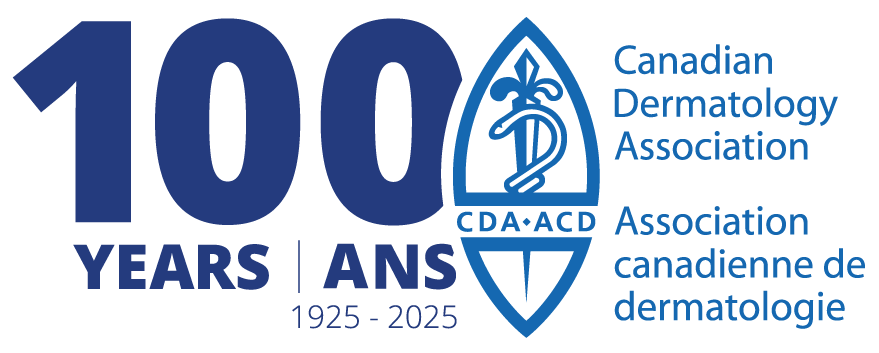Cosmetic dermatology
Dermatologists have been leaders in the field of cosmetic surgery, having gone on to complete specialized fellowships. Many are trained in the use of botox, fillers, and laser surgery. Some dermatologists also perform cosmetic procedures including liposuction, blepharoplasty, and face lifts. Most dermatologists limit their cosmetic practice to minimally invasive procedures.
Dermatopathology
A dermatolopathologist is a pathologist or dermatologist who specializes in the pathology of the skin. A dermatologist or pathologist will complete one year of dermatopathology fellowship. This usually includes six months of general pathology, and six months of dermatopathology.
Immunodermatology
This field specializes in the treatment of immune-mediated skin diseases such as lupus, bullous pemphigoid, pemphigus vulgaris, and other immune-mediated skin disorders. Specialists in this field often run their own immunopathology labs.
Mohs surgery
The dermatologic subspecialty called Mohs surgery focuses on the excision of skin cancers using a tissue-sparing technique that allows intraoperative assessment of 100% of the peripheral and deep tumor margins developed in the 1930s by Dr. Frederic E. Mohs. Physicians trained in this technique must be familiar with both pathology and surgery – dermatologists receive extensive training in both during their residency programs. Physicians who perform Mohs surgery can receive training in this specialized technique during their dermatology residency, but may also complete a fellowship in Mohs surgery.
Pediatric dermatology
Dermatologists can qualify for this specialization by completing both a pediatric residency and a dermatology residency, or elect to complete a post-residency fellowship. This field encompasses the complex diseases of the neonates, hereditary skin diseases or genodermatoses, and the many difficulties of working with the pediatric population.
Teledermatology
Teledermatology is a form of dermatology where telecommunication technologies are used to exchange medical information via all kinds of media (audio, visual and also data communication, but typically photos of dermatologic conditions) usually made by non-dermatologists for evaluation off-site by dermatologists. This subspecialty deals with options to view skin conditions over a large distance to provide knowledge exchange, to establish second-opinion services for experts or to use this for follow-up of individuals with chronic skin condition
